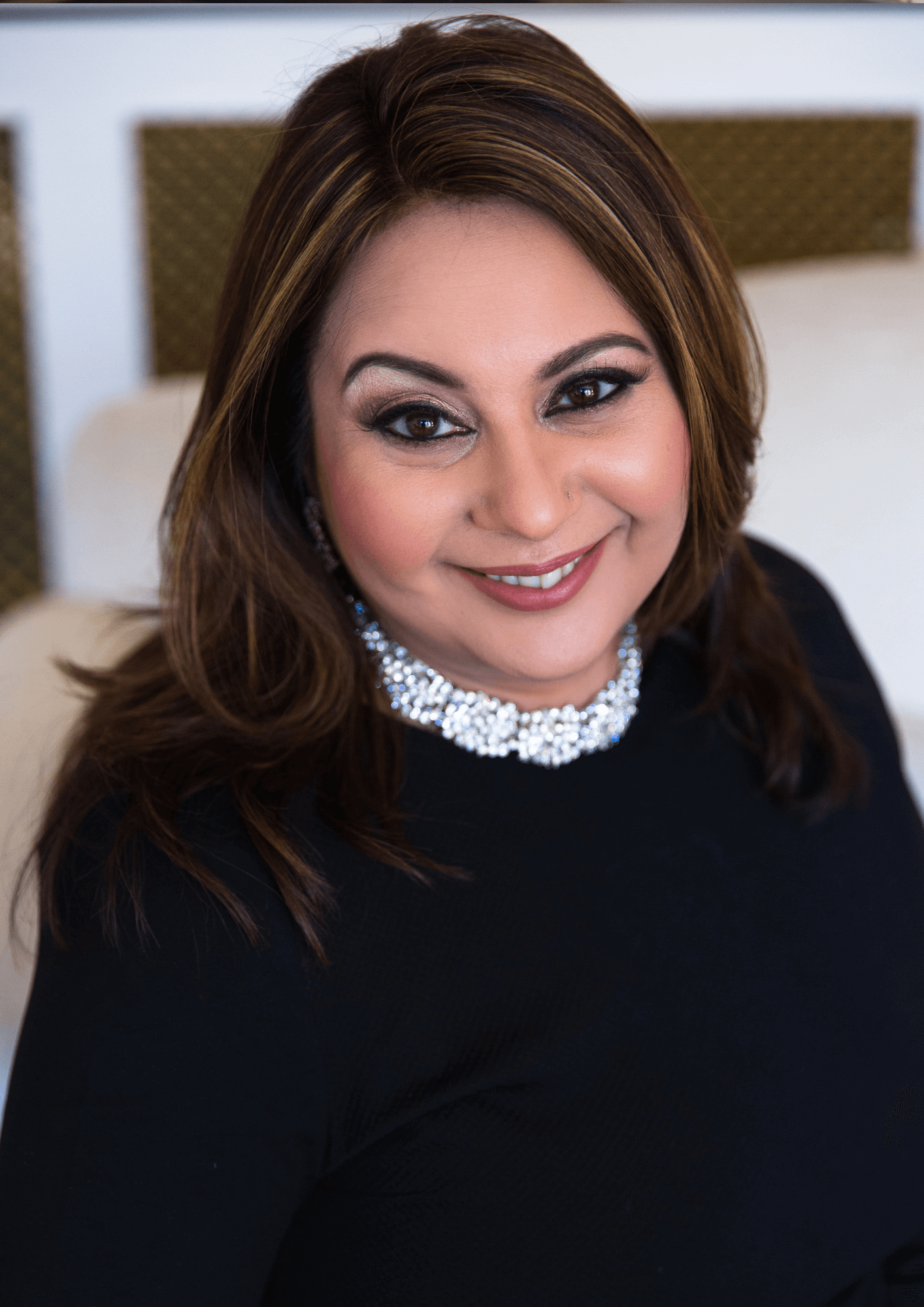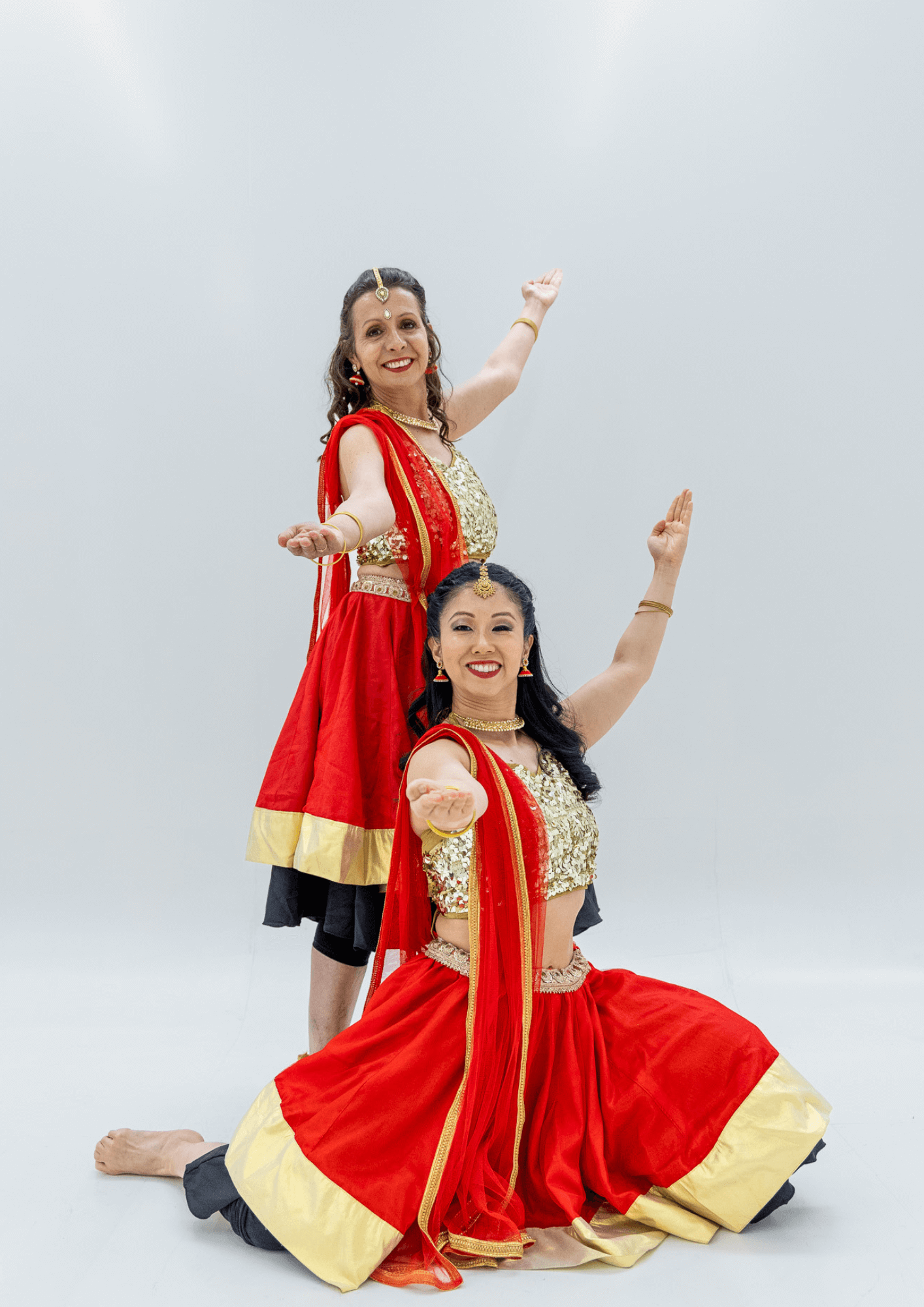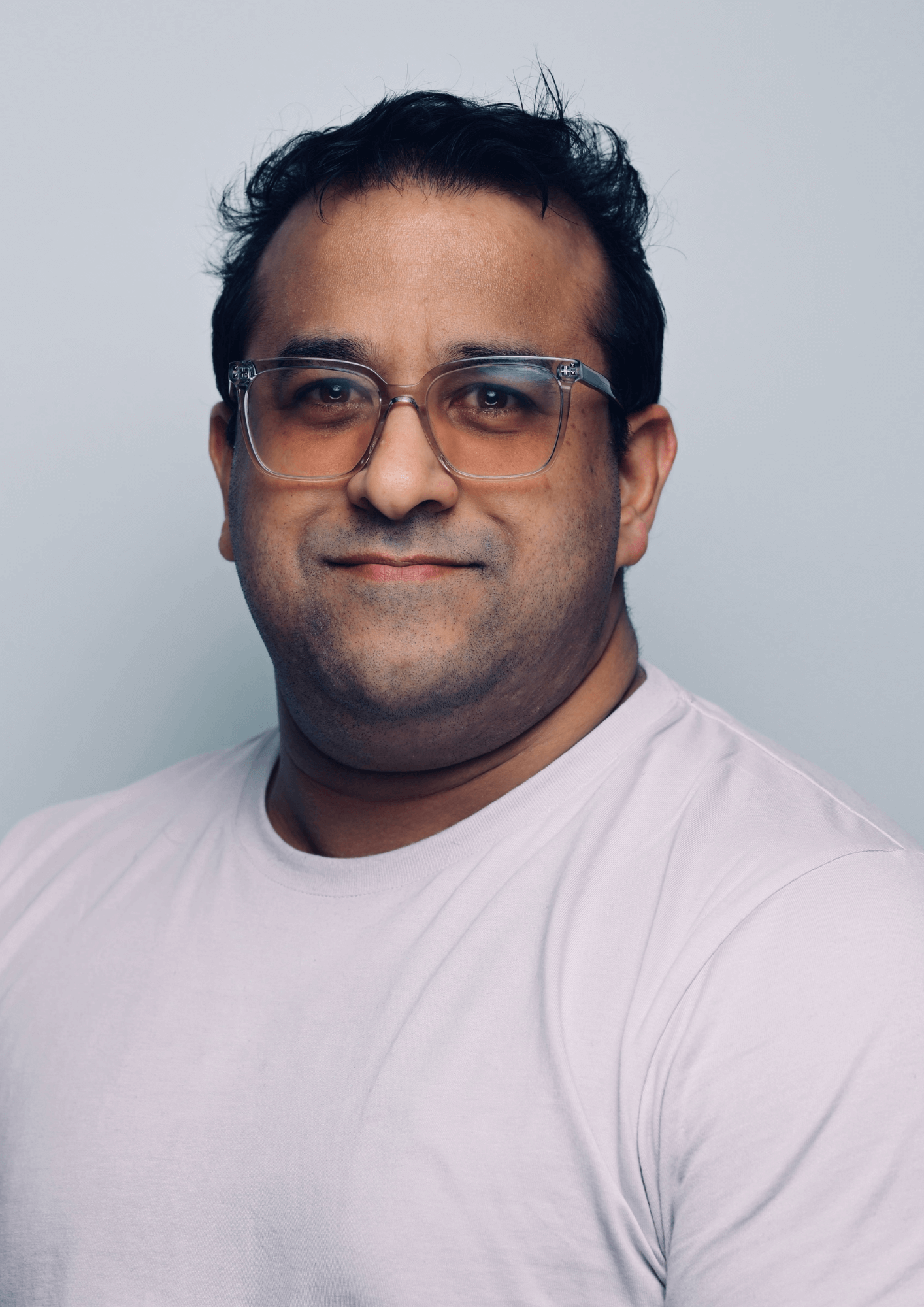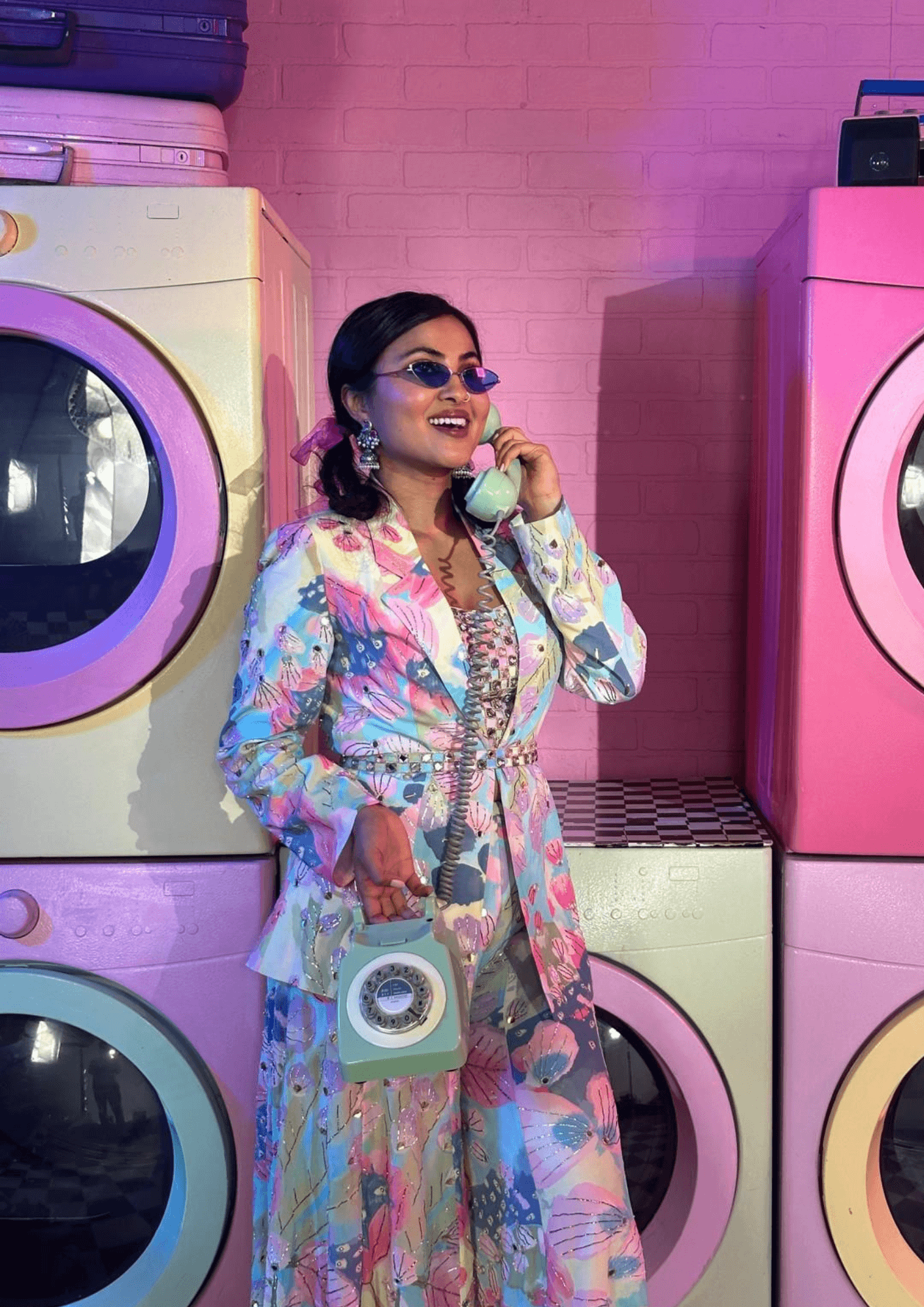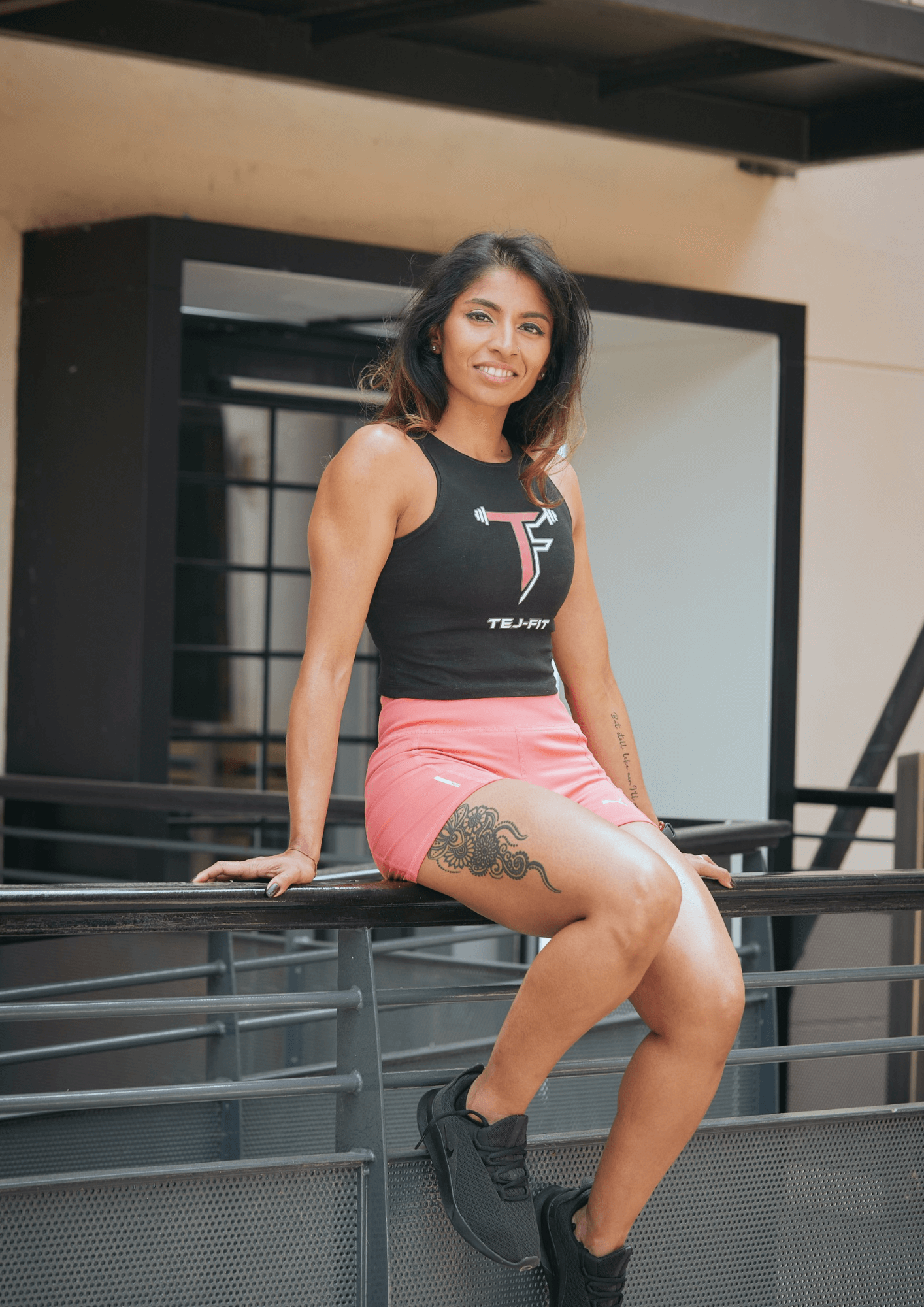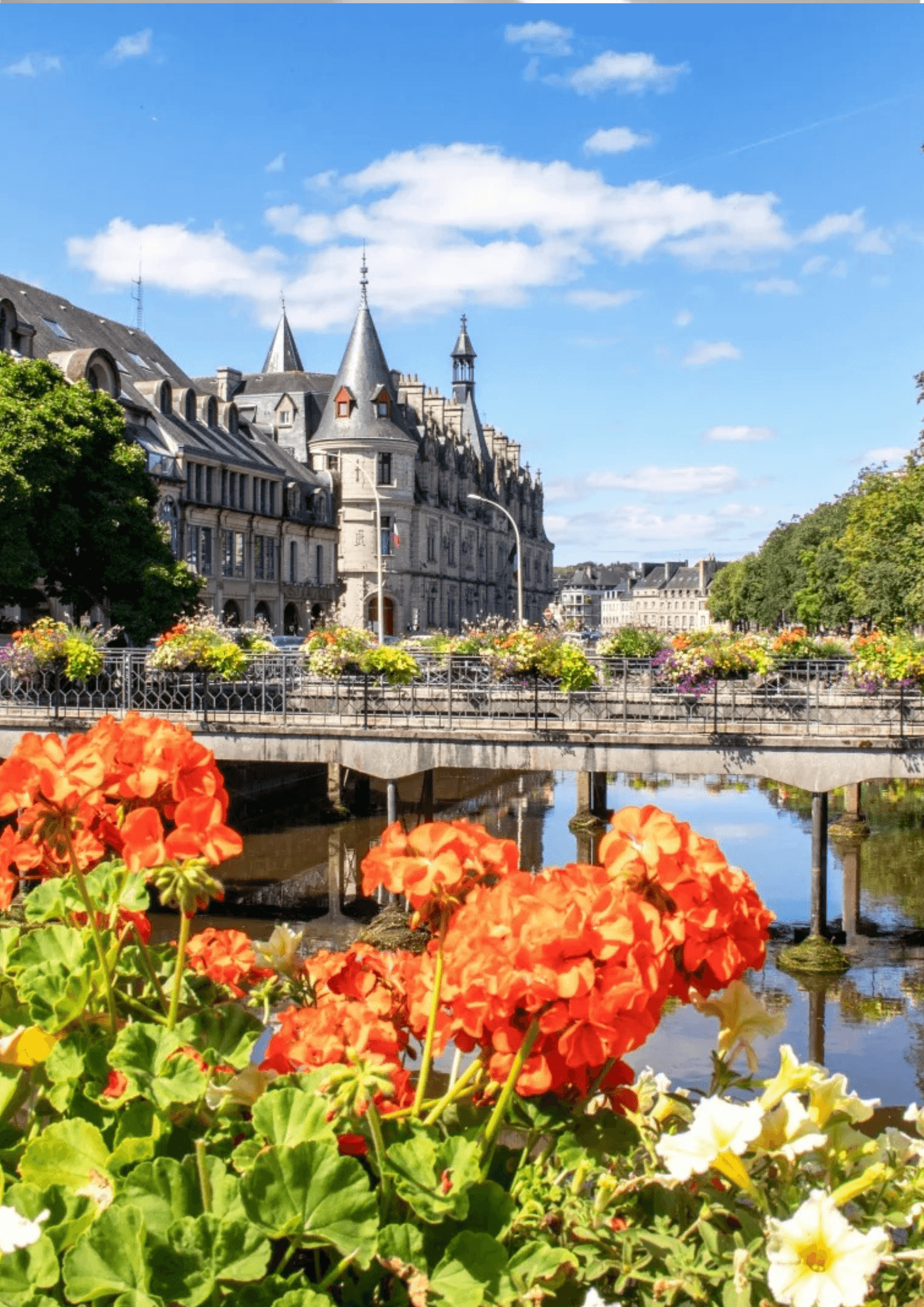
This World Adoption Month, conversations around belonging and identity feel especially powerful. What inspired you to share your adoption journey so openly, and what does visibility mean to you?
It began with my son’s life story. His biological parents had complex needs, and while the local authority’s plan was initially for temporary kinship care, it soon became clear he needed a permanent home. Adoption wasn’t part of the plan at first – but for me, the answer was simple: if I could offer him love, safety, and stability, how could I not try? I wanted him to grow up knowing his truth, not discovering it later. Every child deserves that sense of belonging. Sharing our journey helps normalise different family dynamics and challenges the idea that family must look a certain way. These conversations can be uncomfortable, but that’s exactly why they matter.
And finally, what does home mean to you now?
As a child, home never felt safe – it was something I endured, not inhabited. Now, home is peace. It’s laughter and chaos, honesty and love. It’s where my son is. The house is just four walls; home is what you build inside them.
As a South Asian adoptive parent, how do you approach conversations about identity, heritage, and belonging – especially in helping your child understand and embrace their own story? How has that journey shaped you as a parent?
My son is of dual heritage, so I’ve always made space for both cultures – we go to church and to the Gurdwara, cook from both cuisines, and surround ourselves with music and language from each side. As a single parent, it hasn’t always been easy, but it’s taught me that identity isn’t fixed, it’s something you nurture together. That openness has shaped both of us.’
As both a creative and an advocate, how do you balance openness with protecting your own wellbeing?
It’s a constant balance. I share what’s mine to tell but protect what isn’t. Some stories are still raw. Healing isn’t linear, but I’ve learned that self-awareness is strength. When you know who you are, beyond the stigma, the “what will people say” you can show up for others more authentically. That’s where advocacy meets healing.
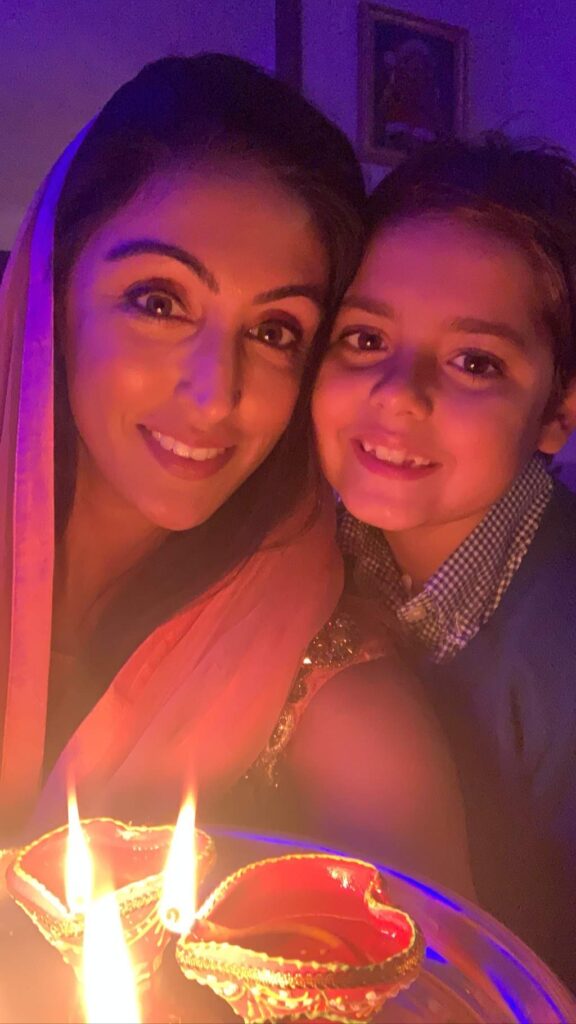

Adoption often carries silence in South Asian families. Why do you think that is, and how can we change it?
Cultural expectations around bloodlines and honour play a big role. We’re conditioned to see family through the lens of lineage, and that creates stigma. For some, silence feels safer – to protect the child or to avoid judgment. But change starts with education and empathy. Adoption isn’t about replacing what’s missing; it’s about expanding love and redefining what family can be.
If you could change one thing to support adoptees and families in the UK, what would it be?
Trauma awareness in education. Teachers need training on attachment and emotional development. Too often, children from care are misunderstood, when really, they’re communicating pain. We also need stronger post-adoption support, therapy, community, peer networks. Adoption doesn’t end the day a child moves in; that’s where it begins.
How does mainstream media get adoption wrong – and what do you wish we saw more of?
There’s a real lack of visibility. Too often, adoption is portrayed as transactional or heroic, without showing the emotional depth or the system behind it. I’d love to see more honest storytelling – about contact centres, post-adoption life, and the resilience it takes to rebuild. Education should also reflect that children from care often carry trauma. Their behaviour is communication, not defiance. We need awareness that leads to understanding, not judgment.
What have you learned about redefining family?
Family isn’t blood – it’s love, loyalty, and the people who stay. We already love friends, mentors, and communities who aren’t blood, so why not family? Life doesn’t always deal you the cards you want, but you can always reshuffle. Sometimes the family you create is the one you were meant to have all along.
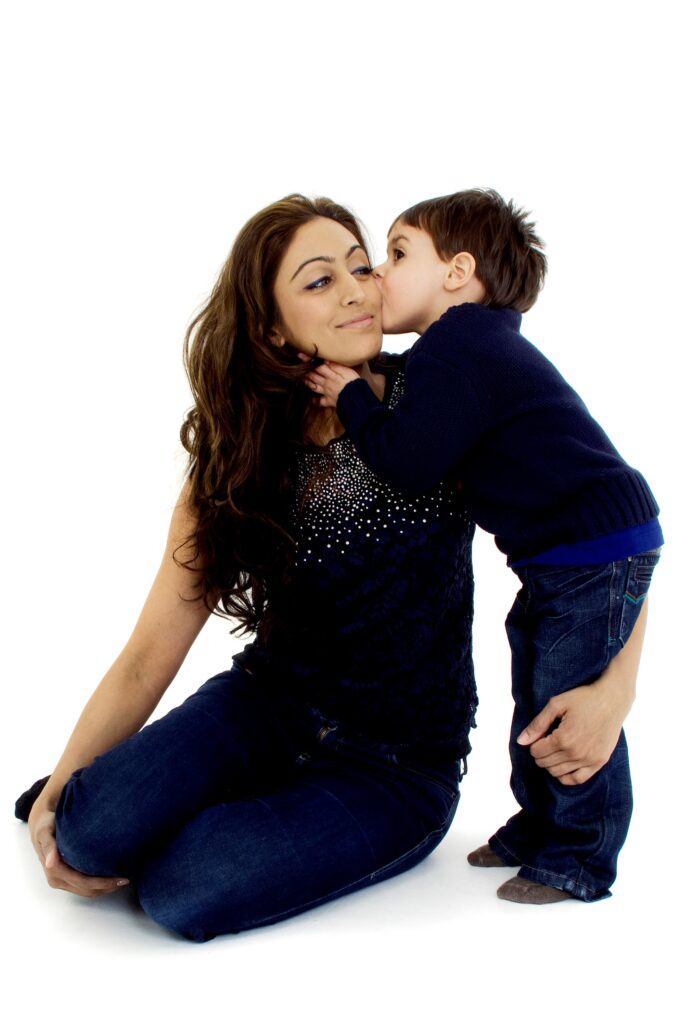
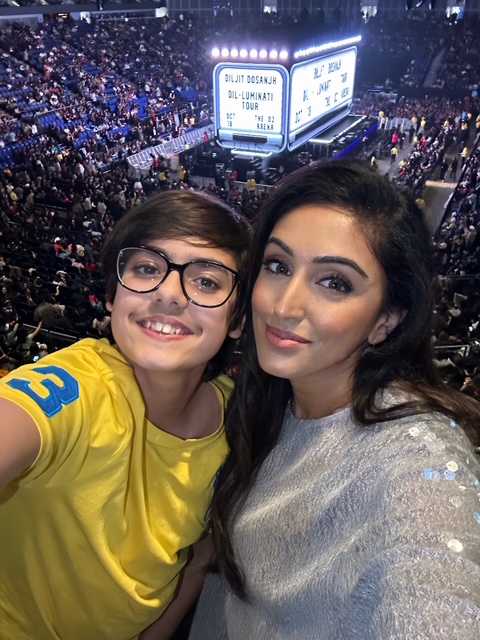
You’ve built a community through advocacy and storytelling. How has that changed you personally?
Connection heals. When people reach out saying they’ve started the adoption process because of something I shared, that’s everything. It reminds me how far a single story can travel. But advocacy also means being real about the hard parts. I’ve learned to challenge systems, especially around SEND and education where there’s still a lack of inclusion. I’m not just telling stories – I’m trying to shift systems.
What advice would you give to South Asian parents considering adoption – or adoptees struggling with identity?
Lead with your heart, not fear. You don’t need perfection; you need presence. Parenting, biological or adopted, is about connection, not conformity. For adoptees, remember: your story is yours. Belonging isn’t singular; you can honour every part of who you are and still feel whole. Adoption doesn’t fill a gap – it expands love.

